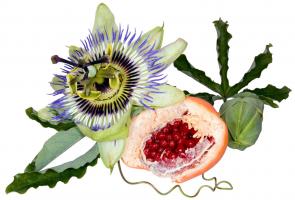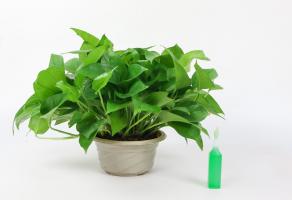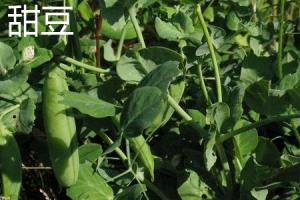Can snow melting salt kill tomato and cucumber plants?
Snow melting salt, also known as deicing salt, is commonly used to melt ice and snow on roads and sidewalks during winter. However, its impact on plants, particularly vegetable plants like tomatoes and cucumbers, is often a cause for concern. In this article, we will explore the potential effects of snow melting salt on tomato and cucumber plants and how to protect them from harm.
What is snow melting salt?
Snow melting salt is a mixture of sodium chloride, magnesium chloride, and calcium chloride. It works by lowering the freezing point of water, preventing ice from forming on roads and sidewalks. While it is effective in melting snow and ice, the salt can also have negative effects on vegetation, including tomato and cucumber plants.
How does snow melting salt affect tomato and cucumber plants?
The sodium chloride in snow melting salt can dehydrate plants and damage their root systems. When there is an excess of salt in the soil, it can build up in the plants and prevent them from taking in nutrients and water properly. This can result in stunted growth or even death of the plant. Additionally, the salt can cause damage to the foliage, causing leaves to turn brown and dry out.
How to protect tomato and cucumber plants from snow melting salt?
To protect your tomato and cucumber plants from the harmful effects of snow melting salt, there are several things you can do:
Plant them away from areas where snow melting salt is applied.
Cover the soil around the plants with a layer of organic mulch, such as leaves or straw. This can help prevent the salt from penetrating the soil and damaging the plants.
Water the plants frequently to help flush out any excess salt buildup in the soil. However, do not overwater the plants, as this can also cause harm.
Use a salt-resistant variety of tomato or cucumber plant, which are specifically bred to tolerate high levels of salt in the soil.
Conclusion
While snow melting salt can effectively melt ice and snow on roads and sidewalks, it can also have negative effects on vegetation, including tomato and cucumber plants. To protect your plants from harm, it is important to plant them away from areas where salt is applied, cover the soil with organic mulch, water them frequently, and use salt-resistant varieties. By taking these precautions, you can ensure that your tomato and cucumber plants thrive even in the winter months.

 how many times do yo...
how many times do yo... how many planted tre...
how many planted tre... how many pine trees ...
how many pine trees ... how many pecan trees...
how many pecan trees... how many plants comp...
how many plants comp... how many plants can ...
how many plants can ... how many plants and ...
how many plants and ... how many pepper plan...
how many pepper plan...





























